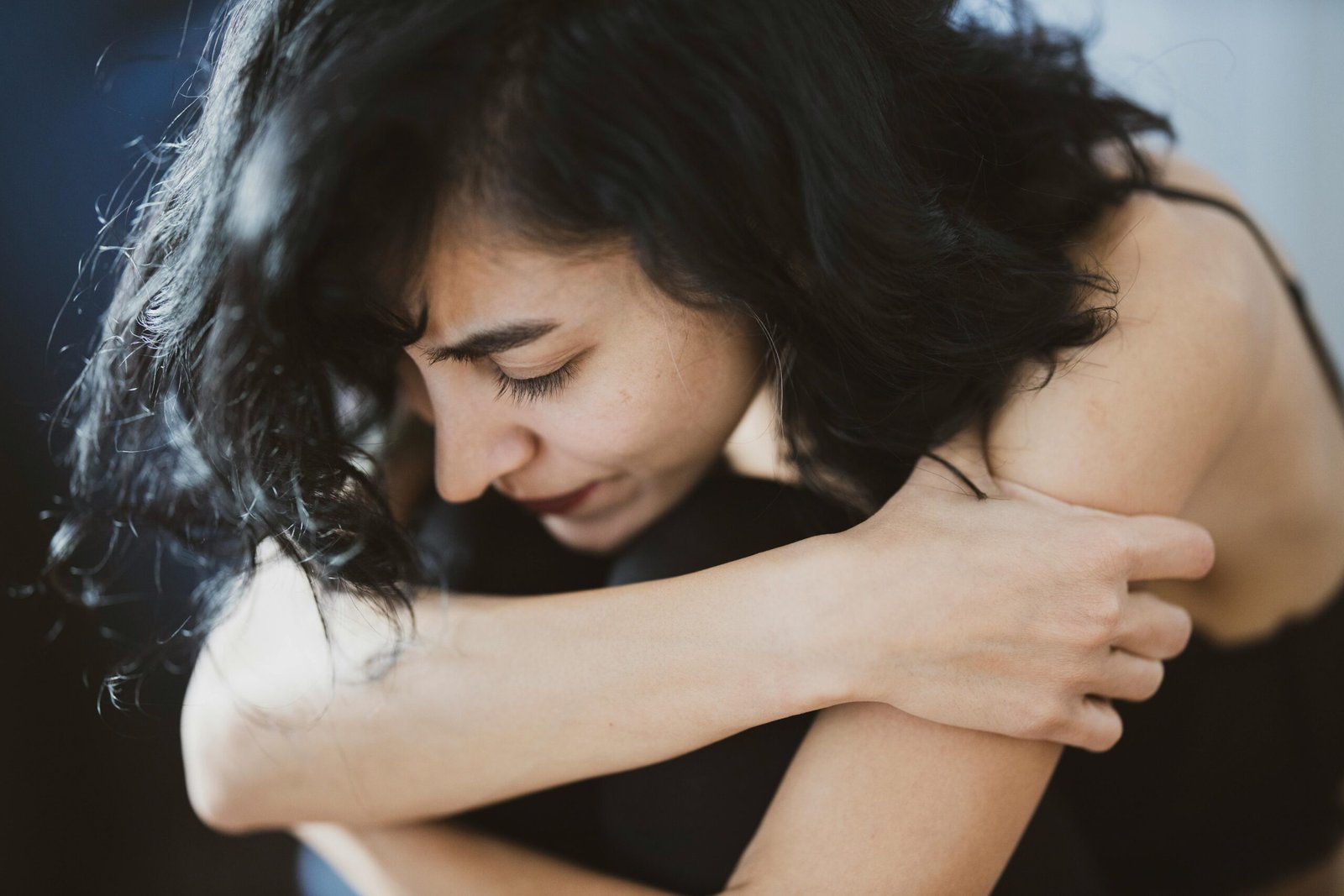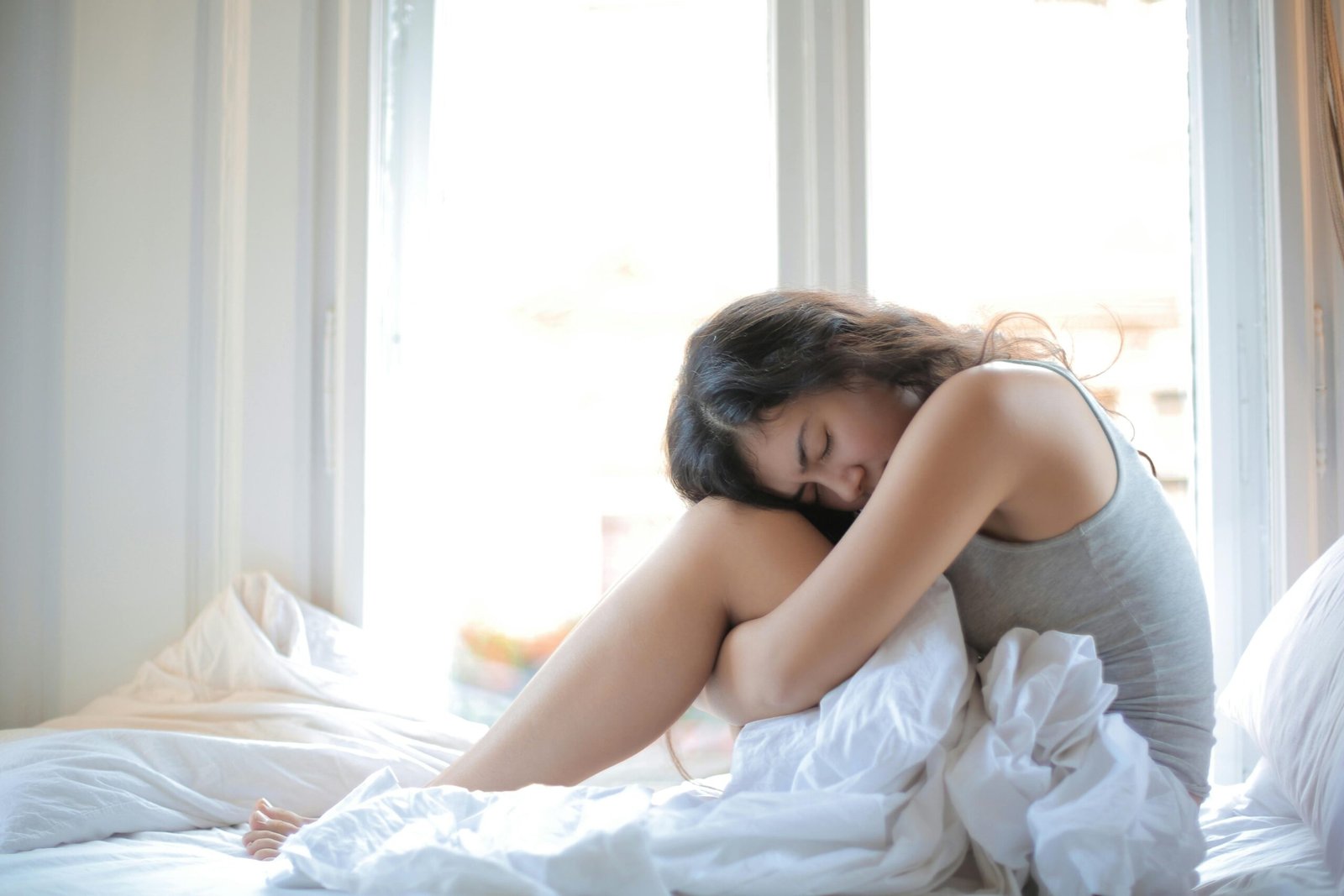Becoming a mom is a whirlwind of emotions, isn’t it? There’s joy, excitement, love, and maybe a little bit of terror because, let’s be honest, parenting is a wild ride. But for some women, these emotions can take a darker turn, and they might find themselves battling something they never expected: postpartum depression. So, why do women get postpartum depression? Let’s dive into it.
The Rollercoaster of Hormones

One of the biggest culprits behind postpartum depression is hormones. Oh, those pesky little things! During pregnancy, your body is like a hormone factory, pumping out extra estrogen and progesterone to support the baby. But once your baby is born, these hormone levels drop faster than your newborn’s nap schedule changes. This sudden hormonal crash can affect your brain chemistry, leaving you feeling more vulnerable to depression.
But it’s not just the big hormones like estrogen and progesterone that play a role. Cortisol, the stress hormone, also tends to spike during this time. Combine that with sleep deprivation (hello, 2 a.m. feedings!) and you’ve got the perfect storm for emotional turbulence.
Emotional and Psychological Factors
Why do women get postpartum depression on an emotional level? Well, let’s consider the pressure. Becoming a mom is no small thing. You’re suddenly responsible for this tiny human who relies on you for everything. That’s a lot to handle! And let’s not forget the expectations. Society paints this picture of motherhood as a blissful, magical experience, but the reality can be messy—literally and emotionally.
Some women feel isolated after having a baby, especially if they don’t have a strong support system. The constant demands of a newborn can leave you feeling drained and disconnected from your pre-baby self. And if you have a history of anxiety or depression, the chances of developing postpartum depression can be higher.
Physical Strain on the Body
Why do women get postpartum depression from a physical perspective? Well, childbirth is no walk in the park. It’s more like running a marathon, except you’re rewarded with sleepless nights and diaper changes instead of a medal. Your body goes through so much during pregnancy and delivery—stretching, tearing, healing, and all that jazz. It’s exhausting, and when your body is trying to recover while also meeting the demands of a newborn, it’s no wonder you might feel emotionally and physically depleted.
Plus, if a woman experiences complications during delivery or struggles with breastfeeding, it can add an extra layer of stress and self-doubt. These physical challenges can sometimes spiral into feelings of failure, which can contribute to postpartum depression.
The Social and Cultural Pressures
Why do women get postpartum depression in our modern world? Let’s talk about the societal pressures to be the “perfect mom.” Social media doesn’t help, either. You’re scrolling through Instagram, and there’s a mom who looks like she just walked off a runway, holding her spotless baby in a Pinterest-worthy nursery. Meanwhile, you’re in your pajamas with spit-up on your shirt, wondering if you’ll ever feel normal again.
These comparisons can create an unhealthy narrative in your mind. You might start to feel like you’re failing because your experience doesn’t match the highlight reel you see online. This constant comparison can feed feelings of inadequacy and even guilt, making postpartum depression more likely.
Lack of Support
Here’s another piece of the puzzle: support. Or rather, the lack of it. Why do women get postpartum depression when they don’t have enough help? Because raising a baby takes a village! If you don’t have family or friends around to lend a hand, it can feel incredibly overwhelming.
Partners play a huge role here, too. If a partner isn’t as supportive or involved as they could be, a new mom might feel like she’s carrying the weight of the world on her shoulders. This loneliness and sense of isolation can make it harder to cope, leading to a higher risk of postpartum depression.
The Role of Genetics
Sometimes, it’s not just about what’s happening now but what’s happened in the past. Why do women get postpartum depression if they have a family history of mental health issues? Because genetics can play a part. If your mom, sister, or even a close relative struggled with postpartum depression, you might be more likely to experience it, too.
This doesn’t mean you’re doomed—not at all. It just means you might need to be extra mindful of your mental health and seek support early on if you notice any warning signs.
Unresolved Trauma or Stress

Let’s not forget about the emotional baggage many of us carry. Why do women get postpartum depression when they’ve had past trauma or stress? Because having a baby can bring a lot of emotions to the surface, including unresolved pain from the past. Whether it’s childhood trauma, past relationship issues, or even the loss of a loved one, these emotional wounds can make postpartum life more challenging.
Add in the stress of adjusting to a new baby, and it’s no wonder some moms feel overwhelmed. The combination of old scars and new responsibilities can sometimes make it harder to cope.
Sleep Deprivation: The Silent Villain
We can’t talk about why women get postpartum depression without mentioning sleep. Or, more accurately, the lack of it. Newborns don’t exactly come with an off switch, and getting enough rest feels like an impossible dream in those early weeks. Sleep deprivation doesn’t just leave you tired; it can mess with your brain’s ability to regulate emotions and think clearly. Over time, this can contribute to feelings of sadness, irritability, and hopelessness.
Why Early Intervention Matters
Now that we’ve answered the question, “Why do women get postpartum depression?” it’s important to talk about what happens next. Recognizing the signs early can make a huge difference. Postpartum depression is treatable, and there’s no shame in asking for help. Whether it’s therapy, medication, or just reaching out to a friend, taking action can lead to brighter days ahead.
Moms, You’re Not Alone
Motherhood is beautiful, messy, and sometimes downright hard. If you’re wondering, “Why do women get postpartum depression?” remember that it’s not your fault. It’s a complex mix of hormones, emotions, and life changes. But here’s the good news: you don’t have to go through it alone.
Reach out to someone you trust, talk to a healthcare professional, or join a support group. Parenting is tough, but so are you. And with the right help, you can navigate this challenging chapter and come out stronger on the other side. You’ve got this, mama.
Frequently Asked Questions: Why Do Women Get Postpartum Depression
1. Why do hormones cause such a rollercoaster after childbirth?
It’s like your body threw a huge party to grow a baby, and now the clean-up crew is in overdrive. During pregnancy, your hormones, especially estrogen and progesterone, skyrocket to support the baby’s growth. But after birth, they drop faster than a hot potato. This sudden crash can throw your emotional balance out of whack. Think of it as your body adjusting to a “new normal” while also dealing with sleep deprivation, stress, and the huge life shift of having a newborn. It’s a lot to handle all at once!
2. Is it true that a lack of sleep can make postpartum depression worse?
Oh, absolutely. Sleep deprivation is like kryptonite for mental health. When you’re up every two hours feeding a baby and running on fumes, your brain struggles to regulate emotions and think clearly. Lack of sleep can make small challenges feel like insurmountable problems, which feeds into the feelings of anxiety, sadness, or hopelessness that come with postpartum depression. Your body and mind need sleep to heal and function—easier said than done when there’s a crying infant, but every little nap helps.
3. Can feeling isolated really lead to postpartum depression?
Yes, and it’s no surprise—motherhood can be surprisingly lonely. Even when you’re surrounded by people, it can feel like no one truly gets what you’re going through. Between diaper changes and feeding schedules, it’s easy to lose touch with your old self, friends, and social life. Feeling isolated amplifies the emotional toll of postpartum depression because humans are wired for connection. A simple conversation, even with another tired parent, can work wonders for your mood.
4. Does the pressure to be a “perfect mom” contribute to postpartum depression?
Definitely. Society loves to paint this picture of the glowing, always-happy mom who’s got it all together—and it’s completely unrealistic. Social media doesn’t help; you see highlight reels of moms who seem to juggle everything effortlessly, and it can make you feel like you’re failing if your baby’s crying or the house is a mess. The pressure to be perfect piles up, creating stress and self-doubt that can snowball into postpartum depression. Here’s the truth: no one has it all together, and “good enough” is more than enough.
5. Why do some women feel guilty or ashamed about their feelings after giving birth?
Many women expect to feel nothing but joy after having a baby, and when that doesn’t happen, guilt creeps in. It’s like, “Why am I not happier? What’s wrong with me?” But the reality is, adjusting to life with a newborn is tough, and it’s okay not to feel ecstatic 24/7. Unfortunately, the stigma around mental health doesn’t help. Postpartum depression isn’t a reflection of how much you love your baby—it’s a medical condition that can happen to anyone.
6. Can a lack of support from family or a partner trigger postpartum depression?
Absolutely, and it’s heartbreaking. Parenting is not a solo sport—it’s more like a team marathon. If you feel like you’re carrying the entire load alone, it can be exhausting and overwhelming. A supportive partner, family, or community makes a huge difference. When someone helps with chores, listens to your worries, or simply holds the baby so you can shower, it lightens the mental and physical burden, reducing the risk of postpartum depression.
7. Is there a connection between postpartum depression and a woman’s past mental health?
Yes, there’s a link. If a woman has experienced depression, anxiety, or trauma in the past, her risk of developing postpartum depression can be higher. It’s like your brain has already navigated those rough waters, so it might be more vulnerable to similar struggles during times of stress. The good news? Knowing this connection means you can be proactive—seeking support early, leaning on loved ones, or talking to a healthcare provider can make all the difference.
Postpartum depression is complex, but one thing’s clear: you’re not alone in this. It’s okay to ask for help, and it’s okay to not have all the answers. Motherhood is a wild ride, but with the right support, it gets easier.
